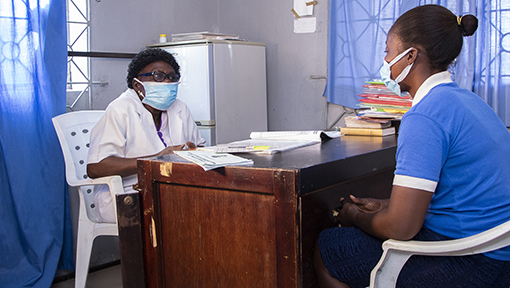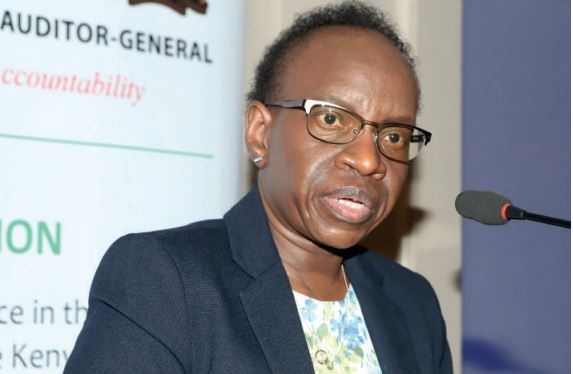
When Yvonne Wambui decided to embark on her family planning journey, she was hopeful. Hopeful that the days filled with paranoia over unplanned pregnancy were in her rearview.
“I had been contemplating family planning for a while. However, when my fiancé and I got a pregnancy scare, I decided that I could no longer place my fate in the hands of luck,” she says.
Speaking to The Star, *Emily Wanjiru, a third-year Strathmore student, shared her experience in family planning. Unlike most Kenyan women who start family planning in their mid-20s, Wanjiru’s story is somewhat unorthodox.
“I’m always hesitant to share my story because most people judge me. When I turned 16, my mother insisted that I start family planning. At the time, I could not comprehend my mother’s reasons for steering me towards family planning at such a young age," she says.
I was of the opinion that married people were the ones who did family planning. I also felt judged by my mother because I was in a serious relationship at the time, a relationship where physical intimacy was not involved. My mother, however, did not badge on this and I only came to understand her reasoning in my early 20’s,” she details.
Kenyan women face a plethora of complexities when family planning. Even more intricate is the gruesome reality that these complexities are individualised.
“The first family planning method that I decided to dip my toes in was the copper intrauterine device (IUD). I had done my research before on YouTube and felt I was more than prepared for the procedure. The discomfort that I had been told I would experience for a bit morphed into pain that felt like stabbing," she narrates.
Yvonne Wambui says she said that her naivety convinced her that the hardest part was over.
However, the heavy bleeding and excruciating cramps that followed almost made her bedridden.
"Being naturally a tough girl, I tried to deal with it for two months. However, the pain that kept me awake one night made me book an IUD removal appointment the next morning,” Wambui laments.
Though using a different family planning method, Sheila Murugi’s journey in family planning took a similar trajectory to Yvonne Wambui’s journey.
After getting her first child, Murugi wanted to wait four years before getting her second child.
“The postpartum depression I experienced after getting my first child traumatized me. My husband was actually the one to suggest waiting for a while before getting other kids, a sentiment that I was later on board with," she says.
Murungi says the family planning method that she chose was the implant.
A family planning method that only had one procedure and that would cease her pregnancy worries for three years, what more could she want?
"Much to my disappointment, this relief was short-lived. Within two months, I had gained 10 kg. As if not torment enough, I also experienced severe mood swings that at one point that my husband had to deal with. The severe migraines were however the catalyst to me removing the implant within 6 months,” Murugi expounds.
According to Dr Karen Nthenya, a gynaecologist from Marie Stopes Kenya, there are different types of family planning methods available for Kenyan women.
“After testing condoms and tracking cycles, most Kenyan women, who want to have children in the future, resort to other family planning methods that are more reliable. Family planning methods most commonly recommended in Kenya include the intrauterine devices, injectables, oral contraceptive pills and implants," Ntheya says.
She says that during the first consultation, your doctor normally asks several questions that help, both the doctor and patient eliminate and finally choose the family planning method that will work best, depending on the duration desired by the patient and side effects.
"All family planning methods have different side effects and after a doctor explains them to a patient, the patient, with the doctor’s guidance, then decides on the side effects that are less life-altering to them," Nthenya details candidly.
Dr Pascal Ngugi, an obstetrician at Gracepark Hospital, shared that the hesitancy of Kenyan women to go for consultations is the biggest hurdle in family planning.
“There is a misconstrued notion that consultations for family planning cost an arm and a leg. This couldn’t be further from the truth. At public hospitals in Kenya, such consultations are offered free," Ngugi says.
Ngugi has urged Kenyan women to take consultations seriously, in the beginning and during family planning.
Without these consultations, he says, doctors cannot adequately assess and guide you through the side effects.
Kenyan women as a result, will continue suffering in silence while grappling with family planning, Ngugi explains.














